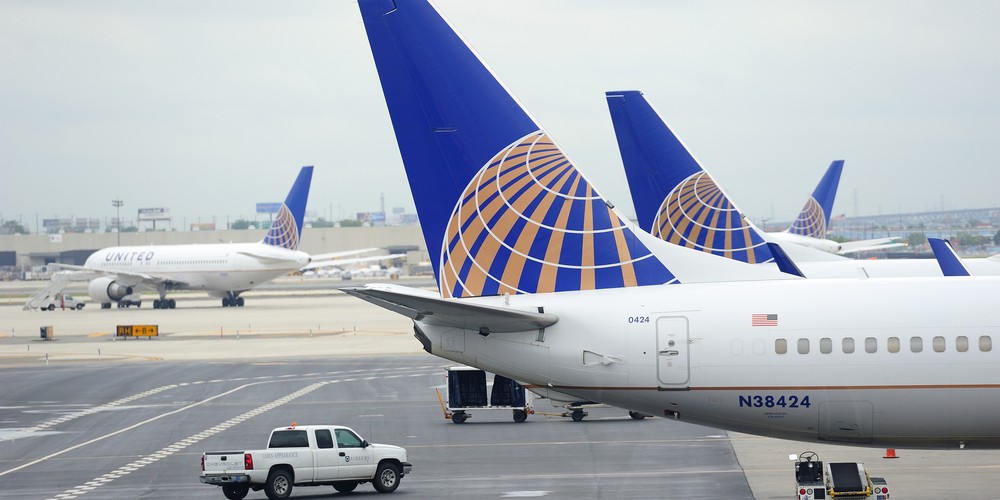
Notice: Undefined offset: 4 in /nas/content/live/stagingstmllc/wp-content/plugins/smartertravel-shared/includes/ads/includes/api.php on line 92
Notice: Undefined offset: 5 in /nas/content/live/stagingstmllc/wp-content/plugins/smartertravel-shared/includes/ads/includes/api.php on line 92
Notice: Undefined offset: 6 in /nas/content/live/stagingstmllc/wp-content/plugins/smartertravel-shared/includes/ads/includes/api.php on line 92
Notice: Undefined offset: 4 in /nas/content/live/stagingstmllc/wp-content/plugins/smartertravel-shared/includes/ads/includes/api.php on line 98
Notice: Undefined index: pass_through_args in /nas/content/live/stagingstmllc/wp-content/plugins/smartertravel-shared/includes/ads/includes/api.php on line 158
Notice: Undefined index: wrapper in /nas/content/live/stagingstmllc/wp-content/plugins/smartertravel-shared/includes/ads/includes/api.php on line 159
Notice: Undefined offset: 4 in /nas/content/live/stagingstmllc/wp-content/plugins/smartertravel-shared/includes/ads/includes/api.php on line 92
Notice: Undefined offset: 5 in /nas/content/live/stagingstmllc/wp-content/plugins/smartertravel-shared/includes/ads/includes/api.php on line 92
Notice: Undefined offset: 6 in /nas/content/live/stagingstmllc/wp-content/plugins/smartertravel-shared/includes/ads/includes/api.php on line 92
Notice: Undefined offset: 4 in /nas/content/live/stagingstmllc/wp-content/plugins/smartertravel-shared/includes/ads/includes/api.php on line 98
Notice: Undefined index: pass_through_args in /nas/content/live/stagingstmllc/wp-content/plugins/smartertravel-shared/includes/ads/includes/api.php on line 158
Notice: Undefined index: wrapper in /nas/content/live/stagingstmllc/wp-content/plugins/smartertravel-shared/includes/ads/includes/api.php on line 159
Notice: Undefined offset: 4 in /nas/content/live/stagingstmllc/wp-content/plugins/smartertravel-shared/includes/ads/includes/api.php on line 92
Notice: Undefined offset: 5 in /nas/content/live/stagingstmllc/wp-content/plugins/smartertravel-shared/includes/ads/includes/api.php on line 92
Notice: Undefined offset: 6 in /nas/content/live/stagingstmllc/wp-content/plugins/smartertravel-shared/includes/ads/includes/api.php on line 92
Notice: Undefined offset: 4 in /nas/content/live/stagingstmllc/wp-content/plugins/smartertravel-shared/includes/ads/includes/api.php on line 98
Notice: Undefined index: pass_through_args in /nas/content/live/stagingstmllc/wp-content/plugins/smartertravel-shared/includes/ads/includes/api.php on line 158
Notice: Undefined index: wrapper in /nas/content/live/stagingstmllc/wp-content/plugins/smartertravel-shared/includes/ads/includes/api.php on line 159
Notice: Undefined offset: 4 in /nas/content/live/stagingstmllc/wp-content/plugins/smartertravel-shared/includes/ads/includes/api.php on line 92
Notice: Undefined offset: 5 in /nas/content/live/stagingstmllc/wp-content/plugins/smartertravel-shared/includes/ads/includes/api.php on line 92
Notice: Undefined offset: 6 in /nas/content/live/stagingstmllc/wp-content/plugins/smartertravel-shared/includes/ads/includes/api.php on line 92
Notice: Undefined offset: 4 in /nas/content/live/stagingstmllc/wp-content/plugins/smartertravel-shared/includes/ads/includes/api.php on line 98
Notice: Undefined index: pass_through_args in /nas/content/live/stagingstmllc/wp-content/plugins/smartertravel-shared/includes/ads/includes/api.php on line 158
Notice: Undefined index: wrapper in /nas/content/live/stagingstmllc/wp-content/plugins/smartertravel-shared/includes/ads/includes/api.php on line 159
United has made no secret of its plans to dominate Newark airport, having recently shifted the last of its flights to New York’s Kennedy airport to its New Jersey hub and investing heavily in upgrades to Newarks’s Terminal C.
Maybe the airline should have been more circumspect in its quest for all-out dominance, because the Department of Justice has filed a lawsuit to block the next phase in United’s master plan to increase its presence at Newark.
On November 10, the DOJ announced that it had filed suit to challenge United’s planned acquisition of more Newark landing slots from Delta:
The Antitrust Division’s lawsuit, filed in the U.S. District Court for the District of New Jersey in Newark, New Jersey, alleges that United’s planned acquisition of 24 takeoff and landing slots at Newark would increase United’s already dominant position at the airport, and would strengthen a barrier that diminishes the ability of other airlines to challenge United at the airport. As a result, the 35 million air passengers who fly into and out of Newark every year likely would face higher fares and fewer choices.
According to the DOJ, United already controls 73 percent of the available slots at Newark, more than 10 times the market share of any of its competitors at the airport. There’s no hard and fast rule specifying when a company’s market share becomes anti-competitive, but United’s share at Newark certainly invites anti-trust scrutiny. And in this case, as rarely happens, that scrutiny led to action by the DOJ.
Preventing United from acquiring Delta’s slots won’t forestall United’s creation of a near-monopoly at Newark. That’s already happened. But it’s a line in the sand that needed to be drawn.
The bigger story here concerns consolidation not just at Newark airport but across the airline industry as a whole. Despite a few token warnings about the dangers of declining competition in the run-up to recent mergers, the federal government has been complicit in the industry’s degeneration from the Big Ten airlines to the Big Four, which now control around 80 percent of domestic seats.
As a result, airfares are up, and airline profits have soared, even as customer satisfaction has bottomed out.
The mergers can’t be undone; which leaves us with a consolidated industry in ever-greater need of government oversight. Scrutiny. Lines in the sand. Regulatory action to maintain competition. The DOJ has its work cut out for it.
Reader Reality Check
Have we allowed too much market power to be consolidated in the hands of too few airlines?
More From Smartertravel:
- How to Effectively Layer for Any Kind of Fall Trip
- The Ultimate Checklist for Traveling Abroad
- The Sneaky New Way Airlines Are Raising Fares
This article originally appeared on FrequentFlier.com.
We hand-pick everything we recommend and select items through testing and reviews. Some products are sent to us free of charge with no incentive to offer a favorable review. We offer our unbiased opinions and do not accept compensation to review products. All items are in stock and prices are accurate at the time of publication. If you buy something through our links, we may earn a commission.
Related
Top Fares From
Notice: Undefined offset: 4 in /nas/content/live/stagingstmllc/wp-content/plugins/smartertravel-shared/includes/ads/includes/api.php on line 92
Notice: Undefined offset: 5 in /nas/content/live/stagingstmllc/wp-content/plugins/smartertravel-shared/includes/ads/includes/api.php on line 92
Notice: Undefined offset: 6 in /nas/content/live/stagingstmllc/wp-content/plugins/smartertravel-shared/includes/ads/includes/api.php on line 92
Notice: Undefined offset: 4 in /nas/content/live/stagingstmllc/wp-content/plugins/smartertravel-shared/includes/ads/includes/api.php on line 98
Notice: Undefined index: pass_through_args in /nas/content/live/stagingstmllc/wp-content/plugins/smartertravel-shared/includes/ads/includes/api.php on line 158
Notice: Undefined index: wrapper in /nas/content/live/stagingstmllc/wp-content/plugins/smartertravel-shared/includes/ads/includes/api.php on line 159
Today's Top Travel Deals
Brought to you by ShermansTravel
Porto to Lisbon: 7-Nt, Small-Group Portugal...
Indus Travels
 vacation
$1899+
vacation
$1899+
Greenland: Luxe, All-Incl. 11-Nt Exploration Small-Ship...
Swan Hellenic



Ohio: Daily Car Rentals from Cincinnati
85OFF.com





